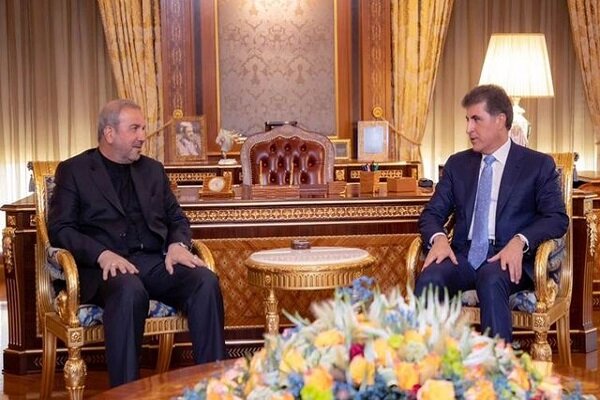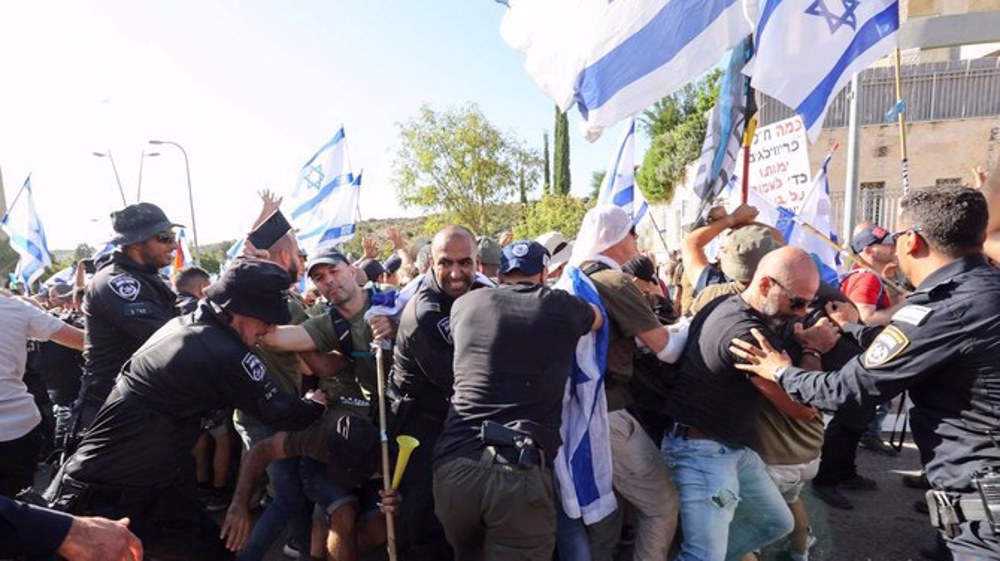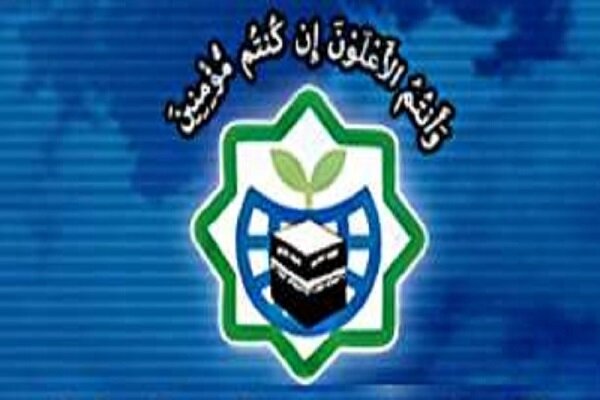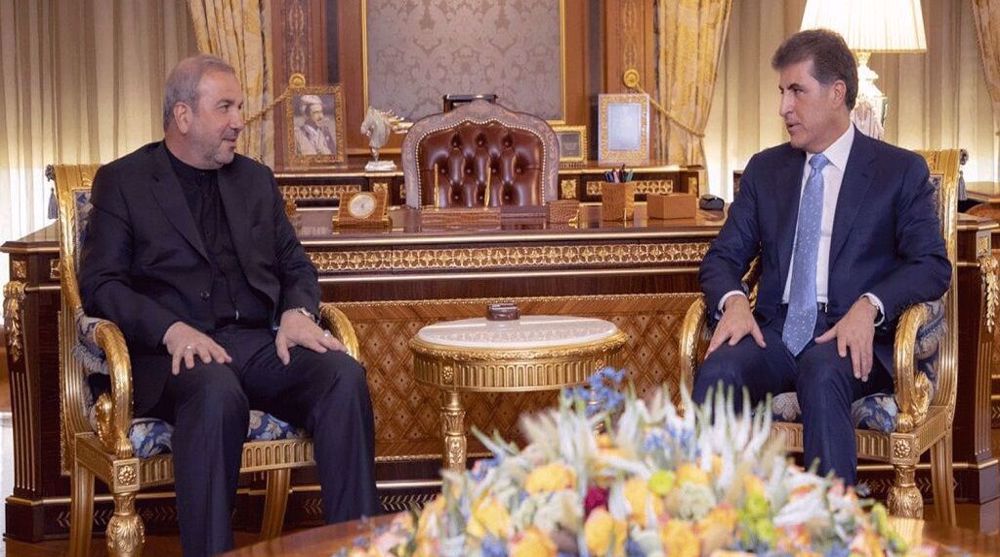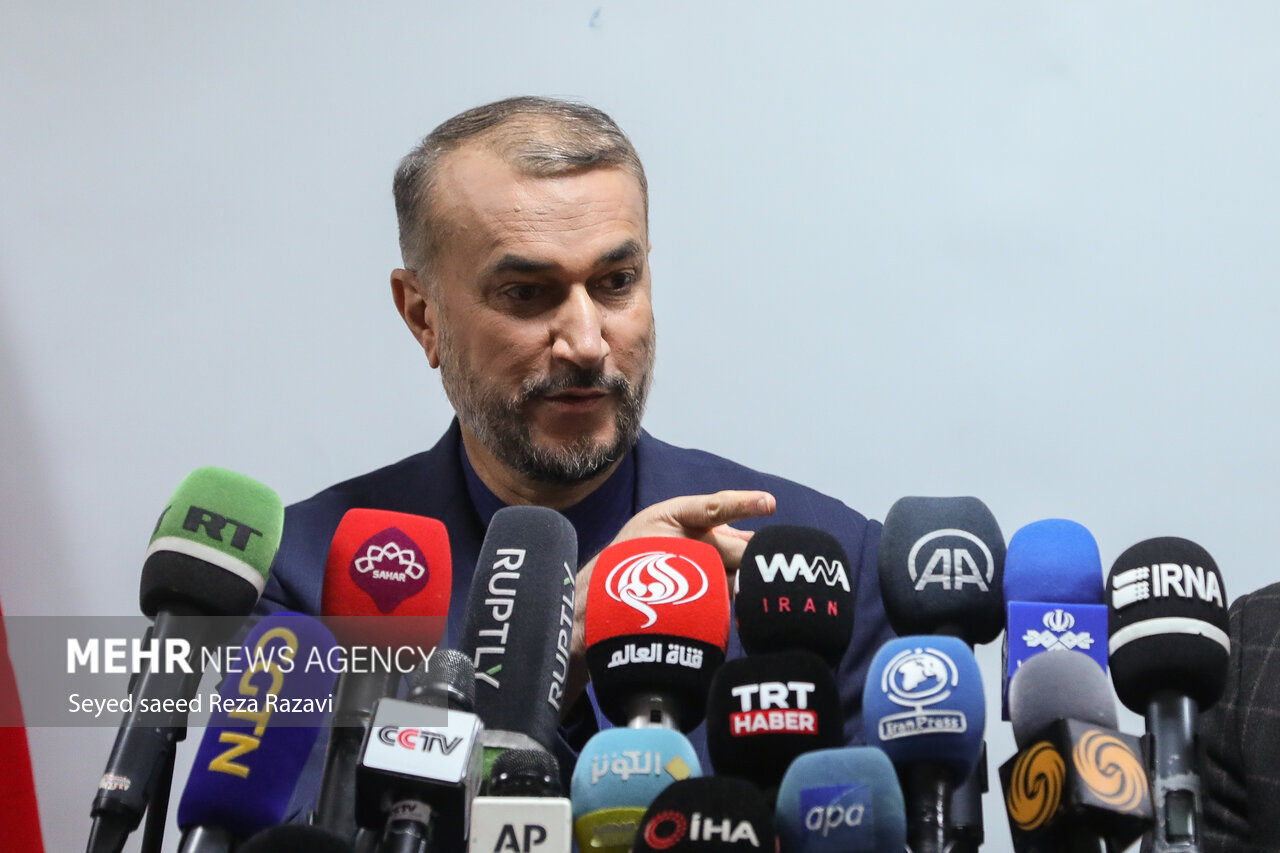Nechervan Idris Barzani made the remarks in a meeting with the Ambassador of the Islamic Republic of Iran to Baghdad Mohammad Kazem Ale-Sadegh on Monday.
Emphasizing the importance of relations with the Islamic Republic of Iran, Barzani said that Iran is an important neighbor for the Kurdistan region.
“The Kurdistan region adheres to the security agreement between Iran and Iraq, and Iran must be sure that we will not allow the security of this country to be threatened from within this region”, he added.
Ale-Sadegh, for his part, appreciated the officials of the Kurdistan region of Iraq for providing facilities to the pilgrims of Arbaeen earlier this month.
He also emphasized the implementation of security agreements and the strengthening and expansion of relations between the Islamic Republic of Iran and Iraq, as well as constructive dialogue and interaction between the Kurdistan region of Iraq and the federal government of the country.

Ale-Sadegh also met and held talks with Prime Minister of Kurdistan Region Masrour Barzani and is scheduled to meet with Masoud Barzani, the leader of the Democratic Party of Iraqi Kurdistan.
Earlier on Sunday, President of the Patriotic Union of Kurdistan (PUK), Bafel Jalal Talabani, arrived in the Iranian capital of Tehran, leading a high-level delegation from his party.
Recently, Qasim al-Araji, the national security adviser of Iraq, said in a speech that Baghdad is making a lot of efforts to implement the provisions of the security agreement with Iran.
SKH/IRN85225749

